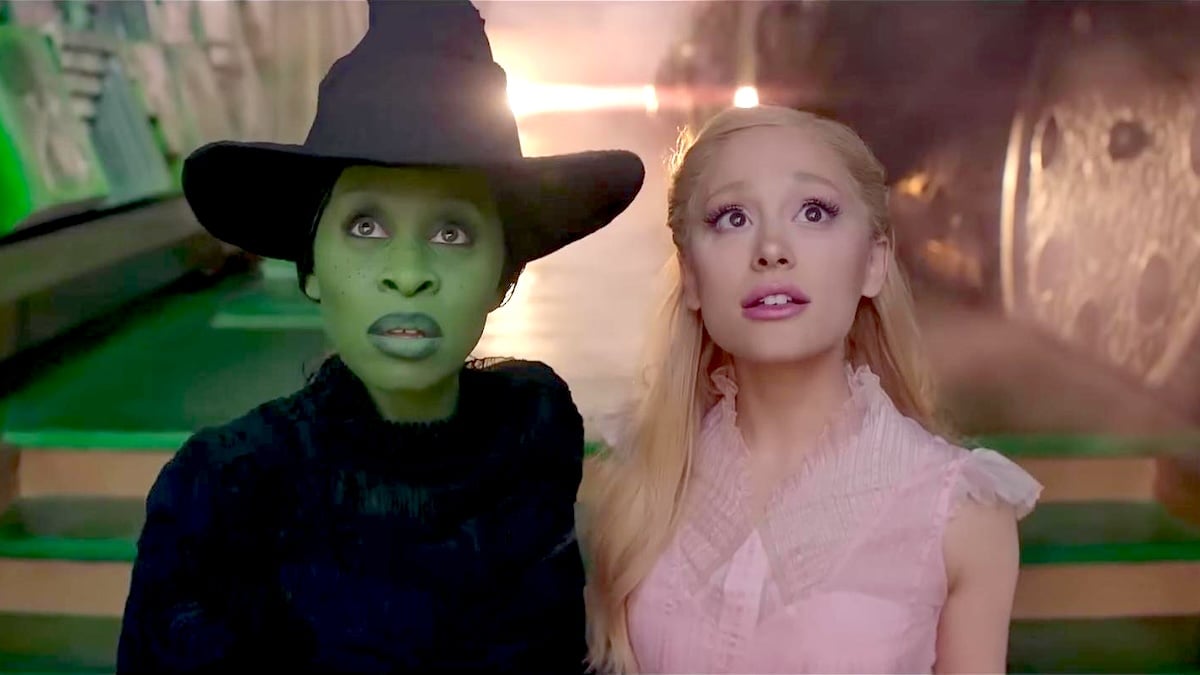For decades, time travel movies have remained one of Hollywood’s favorite sub-genres and fans can’t seem to get enough of them. The core concept is incredibly malleable and can be applied to almost every type of filmmaking. Inevitably, though, any time a new title arrives that features a heavy time travel element, the science will always end up being picked apart by both eagle-eyed viewers or pedants with nothing better to do.
Shane Carruth’s Primer is lauded as the most scientifically accurate time travel movie, but most people are in agreement that Back to the Future is the best. That being said, Avengers: Endgame, the Bill & Ted franchise, The Terminator and sequel Judgment Day, Edge of Tomorrow, 12 Monkeys, Looper and About Time are all fantastic in their own way despite each one putting an entirely different spin on the central premise, while the ‘stuck in a loop’ offshoot has also spawned the likes of Groundhog Day and this year’s acclaimed Palm Springs.
Of course, almost every time travel movie involves the characters making a conscious effort not to alter events in the past so that they don’t end up affecting the future, but scientists are now claiming that might not even be the case. The University of Queensland’s Fabio Costa revealed that paradoxes wouldn’t necessarily be created by traveling through time, but the consequences could end up being the same regardless, and even used the Coronavirus pandemic as a timely comparison.
“Say you traveled in time, in an attempt to stop COVID-19’s patient zero from being exposed to the virus. However, if you stopped that individual from becoming infected, that would eliminate the motivation for you to go back and stop the pandemic in the first place. This is a paradox, an inconsistency that often leads people to think that time travel cannot occur in our universe You might try and stop patient zero from becoming infected, but in doing so you would catch the virus and become patient zero, or someone else would. No matter what you did, the salient events would just re-calibrate around you.”
Obviously, trying to overthink the minutiae of the concept as it relates to every movie in the genre is only going to end up causing headaches in the long run. Still, what Costa says above is certainly intriguing and it’ll be interesting to see if any future sci-fi projects take these comments into consideration when crafting their stories.






Published: Sep 29, 2020 09:50 am